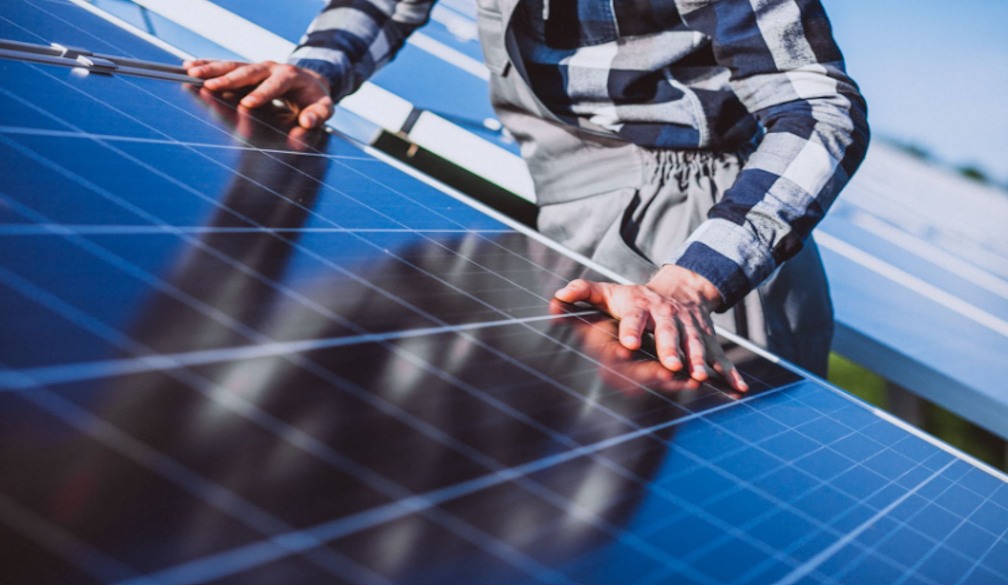How To Choose The Best Solar Panels for Your Home

Choosing the best solar panels for your home is a significant decision that can impact your energy savings, environmental footprint, and overall satisfaction with your solar investment. With the rapid growth of the solar industry and a wide range of options available, navigating the selection process can feel overwhelming. However, by understanding key factors and considerations, you can make an informed decision that aligns with your energy needs, budget, and sustainability goals.
In this guide, we'll provide valuable insights and practical tips to help you navigate the process of choosing the best solar panels for your home. From evaluating efficiency and warranty coverage to considering cost and value, we'll cover everything you need to know to make the right choice for your solar journey.
Evaluate Your Energy Needs
Evaluating your energy needs is fundamental in selecting the best solar panels for your home. Review your past energy bills to understand your household's electricity consumption patterns and identify peak and average monthly usage times. This assessment will help you determine the size and capacity of the solar panel system required to meet your energy requirements effectively. Consider factors such as the size of your roof, its orientation, and any shading issues that may impact solar panel performance. By accurately evaluating your energy needs, you can design a solar system that maximises energy production and delivers optimal savings and environmental benefits for your home.
Consider the Type of Solar Panels
When choosing the best solar panels for your home, considering the type of solar panels is crucial in determining the system's efficiency, durability, and suitability for your specific needs. There are primarily two types of solar panels:
Monocrystalline
Monocrystalline panels are known for their higher efficiency and sleek black appearance. They are made from single-crystal silicon, allowing them to convert sunlight into electricity more efficiently, making them ideal for roofs with limited space.
Polycrystalline
On the other hand, polycrystalline panels are made from multiple silicon crystals, making them slightly less efficient than monocrystalline panels. However, they are more cost-effective and offer good performance in various lighting conditions, making them suitable for homeowners on a tighter budget.
When choosing between monocrystalline and polycrystalline panels, consider your energy needs, available roof space, budget, and aesthetic preferences. Consulting with a solar professional can help you weigh the pros and cons of each type and determine the best option for your home's solar panel installation.
Solar Panel Efficiency
Solar panel efficiency is a critical factor to consider when choosing the best solar panels for your home. Efficiency refers to the percentage of sunlight solar panels can convert into electricity. Higher-efficiency panels can generate more power in limited space, making them ideal for homes with smaller roofs or shading issues.
Monocrystalline solar panels typically offer higher efficiency compared to polycrystalline panels. They are made from single-crystal silicon, allowing them to convert sunlight into electricity more efficiently. Monocrystalline panels are known for their sleek black appearance, making them popular for residential solar panel installations.
Polycrystalline solar panels are slightly less efficient but perform well in various lighting conditions. They are made from multiple silicon crystals and are more cost-effective than monocrystalline panels, making them suitable for homeowners on a tighter budget.
When evaluating solar panel efficiency, consider your energy needs, available roof space, and budget. While higher-efficiency panels may come with a higher upfront cost, they can result in more significant long-term energy savings and a faster return on investment. However, if space and budget are constraints, you may opt for slightly less efficient panels that still meet your energy requirements effectively.
Consider Your Location
The geographical location of your home plays a significant role in determining the type of solar panels best suited for your needs. If you reside in a region characterised by hot and sunny weather, prioritise solar panels with higher temperature ratings to ensure optimal performance under intense sunlight. Conversely, if you live in a cooler climate, opt for panels with lower temperature ratings to maintain efficiency in varying weather conditions.
Cost
Before investing in solar panels, consider the cost against the anticipated benefits. Seek panels that offer the best value for your investment by comparing their upfront costs with the projected electricity generation over their lifespan. Balancing affordability with long-term savings is critical to making a sound financial decision.
Compare Prices
Once you've narrowed your options, conduct thorough price comparisons to find the most competitive deals. Solar panel prices can vary significantly, so take the time to research and compare offerings from different suppliers. While cost is significant, prioritise quality to ensure reliable performance and longevity of your solar investment.
Seek Professional Assistance
Navigating the complexities of choosing the right solar panels can be daunting, and seeking professional guidance can be invaluable. Consider consulting with an experienced solar expert who can assess your requirements and recommend the most suitable solar panels for your home. Their expertise can help you make informed decisions and maximise the benefits of your solar system in the long run.
Conclusion
By following these steps and conducting thorough research, you can choose the best solar panels for your home that meet your energy needs, budget, and sustainability goals. A well-informed decision will ensure that your solar panel installation delivers maximum performance, reliability, and savings for years.





